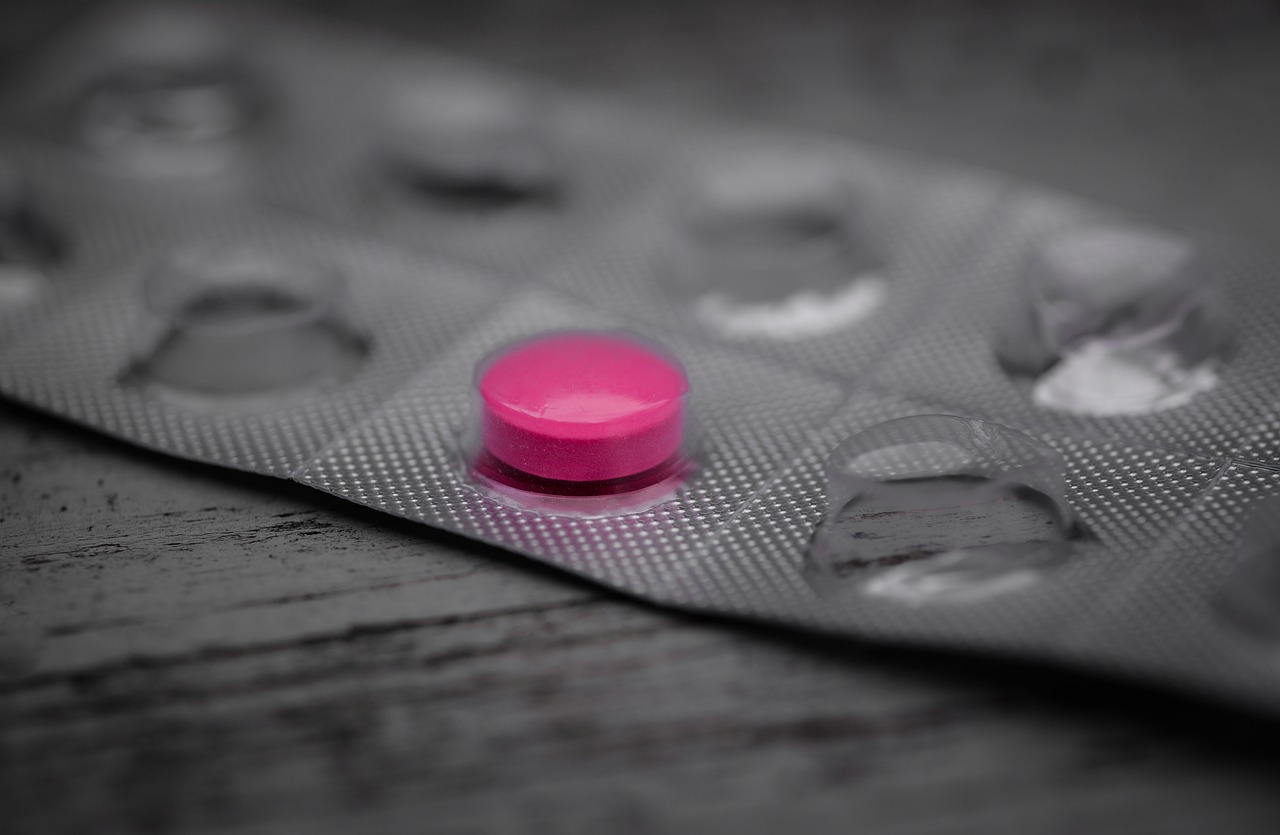If you ask someone about mental health medication, inevitably, they mention antidepressants! As a result, they seem to be at the core of psychiatric medicine. Everybody knows a few people on antidepressants – and everybody knows at least one person with very strong views on antidepressants. Many of us have seen one of those medical TV shows where it turns out taking an antidepressant was making everything much, much worse. But what do we actually know about these things? Not to disparage Dr. House or the good doctors on Grey’s anatomy but perhaps a little medical clarity is called for.
What are they?
Antidepressants, as the name implies, are medications prescribed to relieve the symptoms of depression. Depression, of course, is a very pressing issue currently and means a lot more than just feeling sad- suicide is the leading cause of death in young adult males and that fact provides a grounding realistic backdrop to the subject we’re discussing, not to mention highlights the importance of these treatments. However, they are also often used in treating bipolar depression, severe anxiety and panic attacks, obsessive compulsive disorder, PTSD, eating disorders and even chronic pain.
They come in 5 categories depending on their chemical makeup and what they do:
- SSRIs ( Selective Serotonin Re-uptake Inhibitors)
- SNRIs (Serotonin and Noradrenaline Re-uptake Inhibitors)
- NASSAs (Noradrenaline and Specific Serotoninergic Antidepressants)
- MAOIs (Monoamine Oxidase Inhibitors)
- Tricyclics
SSRIs are the newer kind of antidepressant and now much more commonly prescribed than the older Tricyclics. This isn’t due to any lack of effectiveness of Tricyclics, but just that SSRIs tend to have fewer side effects. Like all of psychiatry though, it very much depends on the individual.
How do they work?
Honestly, we don’t seem to really know – but here’s what we do know:
The chemicals noradrenaline and serotonin help link our brain cells in ‘synapses’ and that facilitates thought, moods, emotions and anything else brain-related you might care to mention. People with depression have an imbalance of these chemicals and THAT’S what we try to change with these medicines. Dr Adil Jawad MBBS, DPM, FRCPsych, FRANZCP states that antidepressants “basically create a chain reaction in your brain so that the chemicals in it go back to healthy levels after a while”.
You may have noticed, I’m not saying that it dopes you up or makes you happy. The idea of antidepressants isn’t to make you giddy and happy, it’s to kick start something in your head that will mean you’re capable of experiencing emotions on a normal level. Therein lies part of the problem. These aren’t ‘happy pills’ as I heard one friend describe them- these are more like “neurological dishwasher salts”- they balance the chemicals in the brain over a period of a few weeks so that you can function per normal.
So, what’s the problem with antidepressants? Why all the fear?
Well, partially the above. People who expect these medications to work instantly like pain killers soon abandon taking these when these medications don’t do what they expect them to do in a day or two. Or they will self-medicate and take too many hoping these to work faster and that leads to a whole host of other problems!
And that’s if they self-medicate by popping more pills- if they choose illicit drugs or alcohol, those are actually potent depressants for the brain! Working in the opposite direction. Not to mention the fact that booze and antidepressants in great quantity can adversely affect the respiratory centre of the brain (the bit that keeps you breathing).
Then we come to the side-effects, these side effects are real and the worst part is, they can be fairly instantaneous.
As mentioned above, antidepressants can take 3-4 weeks to effect any real positive change, they’re working with a mix of chemicals after all. The side effects though can start from day 1 and though you will stop feeling them as your body gets used to the drug, it can be disconcerting. Anxiety and agitation which is linked to suicidal thoughts are common enough side effects- some psychiatrists will even prescribe benzodiazepines for a short while (read short while- they can be addictive) to lessen the effects. All this means that some people stop taking antidepressants when they feel no positive effect and just negative ones initially as these medicines have not had enough time to act.
Remember those suicidal thoughts, too? That’s a problem for some very obvious reasons. Patients on antidepressants need a certain amount of monitoring. My colleague, the aforementioned Dr Jawad was telling me about how he knew of a case where a doctor prescribed antidepressants to a patient on a Friday without explaining potential side effects of agitation and possibility of increase in suicidal thoughts in the initial few days and went off for the weekend- as they had nobody monitoring them that weekend, the patient, tragically, jumped off a cliff possibly due to said agitation/suicidal thoughts. There’s some debate, for this reason, as to whether antidepressants should be prescribed without adequate explanations and supports in place.
But now for the total kicker (and something that, I confess, surprised me) the ‘most common’ side effects of an antidepressant, you know them? They affect 1 in 10 people. That’s right. The literal most common side effects of antidepressants, i.e. the thing we’re all terrified of, there’s only a 10% chance of it affecting you. Statistically, you have a higher chance of getting away with murder (that is NOT an endorsement).
However, the prejudice is already there in many cases and that affects enough of the population. People worry about losing track of their emotions or becoming “zombies” but, you don’t know what problems were there before so assuming the antidepressant is the problem is just taking 2 and 2 and making 5. There’s also no ‘thought control’ done with antidepressants (believe me, if we’d figured that out, I’d be ruler of the world), it’s just addressing a chemical imbalance in your brain- making it so the ingredients match up.
And the truth is, there is just the fact that people are individuals. Not all antidepressants work the same on all people, it may take a while to figure out which one helps. Even a qualified psychiatrist gets the correct antidepressant for the patient less than 50% of the time currently.
What can we do?
Phew, that was a long section – looks bad now, right? Don’t worry. This is perfectly normal and these effects are incredibly rare, there’s a reason that the side effect list on medicine is so long. Besides which, antidepressants used properly are a real help and benefit to people who suffer in no small terms. There’s stuff you can do though:
For starters, talk to your doctor. Get a list of side effects, discuss them and make sure you and they are aware that you may well need someone to check up on you. Also, have them run through the ‘dos and don’ts’
Also, keep taking them. If you’re getting side effects, this is hard but it is clearly better in the long run, there is definitely a light at the end of the tunnel, the cloud has a silver lining and whatever other mawkish idioms you’d care to involve, do so. Remember- 3-4 weeks for the oil change in your brain to start to take effect.
There are technological advancements all the time to reduce the risks and the uncertainty but in the meantime, antidepressants merely need to be better understood both by prescribers and users – this isn’t a quick fix, but it’s the best one.






Great and amazing info article to read. Thank you for sharing this.